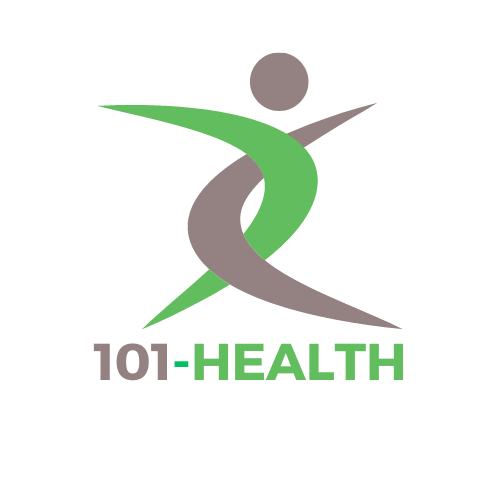Heart health is a paramount concern for individuals of all ages, and maintaining a healthy heart involves a multifaceted approach that includes proper nutrition. Among the essential nutrients that play pivotal roles in supporting cardiovascular function, potassium and magnesium stand out as vital contributors.
In this article, we delve into the importance of potassium and magnesium for heart health, exploring their individual benefits and synergistic effects on cardiovascular well-being.
Potassium and Heart Health
Potassium is an electrolyte that plays a critical role in maintaining fluid balance, regulating blood pressure, and supporting proper heart rhythm.
By balancing the sodium levels in the body, potassium helps counteract the hypertensive effects of sodium, thereby lowering blood pressure and reducing the risk of hypertension, a major risk factor for heart disease.
Potassium also facilitates muscle contraction, including the rhythmic contractions of the heart muscle, ensuring its optimal function.
Magnesium and Heart Health
Magnesium is another essential mineral that plays a multitude of roles in cardiovascular health. It is involved in energy production, muscle contraction, and the regulation of blood pressure.
Magnesium helps relax blood vessels, promoting vasodilation and improving blood flow to the heart and other organs.
Additionally, magnesium has anti-inflammatory properties and helps prevent the formation of blood clots, reducing the risk of arterial plaque buildup and thrombosis, which can lead to heart attacks and strokes.
Synergistic Effects
Potassium and magnesium exhibit synergistic effects on heart health, as they work together to regulate blood pressure and maintain cardiovascular function.
Potassium helps regulate magnesium levels in the body, while magnesium enhances the cellular uptake and utilization of potassium.
This synergistic relationship contributes to the dilation of blood vessels, reduction of arterial stiffness, and overall improvement in heart function.
Studies have shown that diets rich in both potassium and magnesium are associated with lower rates of cardiovascular disease and mortality.
Dietary Sources
Both potassium and magnesium are abundant in a variety of foods, making it relatively easy to obtain adequate amounts through a balanced diet.
Potassium-rich foods include bananas, oranges, potatoes, sweet potatoes, tomatoes, spinach, and avocado.
Similarly, magnesium-rich foods include nuts and seeds (such as almonds, pumpkin seeds, and sunflower seeds), whole grains, legumes, dark leafy greens, and seafood.
Supplementation Considerations
While it’s preferable to obtain nutrients from whole foods, supplementation may be necessary for individuals with deficiencies or specific health conditions.
However, caution should be exercised when supplementing with potassium or magnesium, as excessive intake can have adverse effects, particularly in individuals with kidney problems or certain medications.
It’s important to consult with a healthcare professional before starting any supplementation regimen to ensure safety and efficacy.
Conclusion
In conclusion, potassium and magnesium play indispensable roles in promoting heart health and reducing the risk of cardiovascular disease.
By incorporating potassium- and magnesium-rich foods into your diet and maintaining a balanced intake of these essential nutrients, you can support optimal cardiovascular function and protect against heart-related complications.
Prioritizing heart-healthy foods and lifestyle habits is key to nurturing a strong and resilient heart for lifelong well-being.






